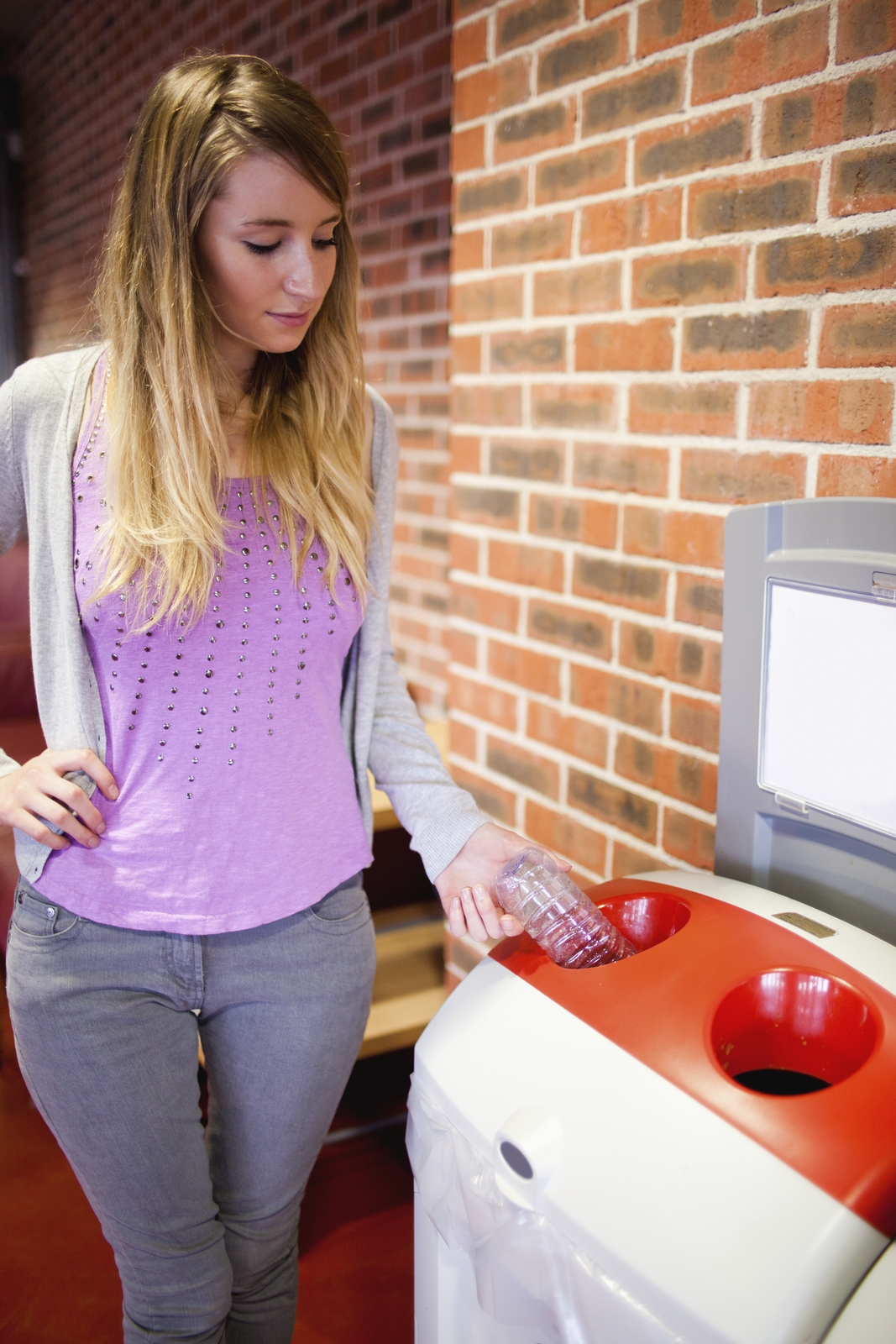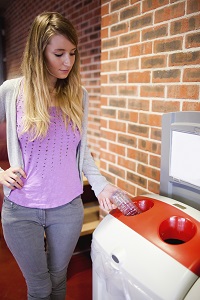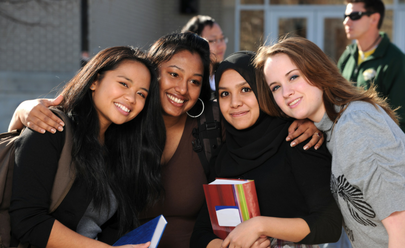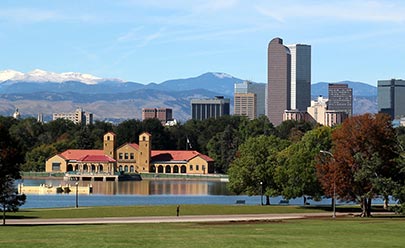
- UW spends 40% of their food budget on local items. 100% of the milk is hormone free and all food waste is composted.
- The university uses ultra-low-flow models for the majority of urinals and has reduced the per capita laundry water that is wasted by 25%.
- The university recycles non-traditional items such as electronics, wood, carpet, and construction debris.
- To gain a carbon neutral status, there must be a balance of removing as much carbon dioxide as is used. COA went carbon neutral in 2007.
- Local and organic food is served for every meal.
- University students participate in competitions two times a year to reduce waste, water and energy usage.
- Monetary incentives are given to carpoolers. Ride-matching, car and bike-sharing programs, preferential parking, and free public transit are offered as well.
- The U-PASS program allows students to receive unlimited access to public transportation. Stanford’s student government also provides a nonprofit bike repair shop.
- Over 50% of the food budget is spent on local and organic ingredients and the waste is composted after each meal.
- Since 2000, UC Davis has incorporated low-flow faucets and stormwater management strategies.
- Students are actively involved in political advocacy and host events to educate others on how to increase energy efficiency and recycling.
- Harvard offers a surplus center to reuse furniture.
- Rainwater is used to wash the campus shuttles and recycled cooking oil to fuel them.





